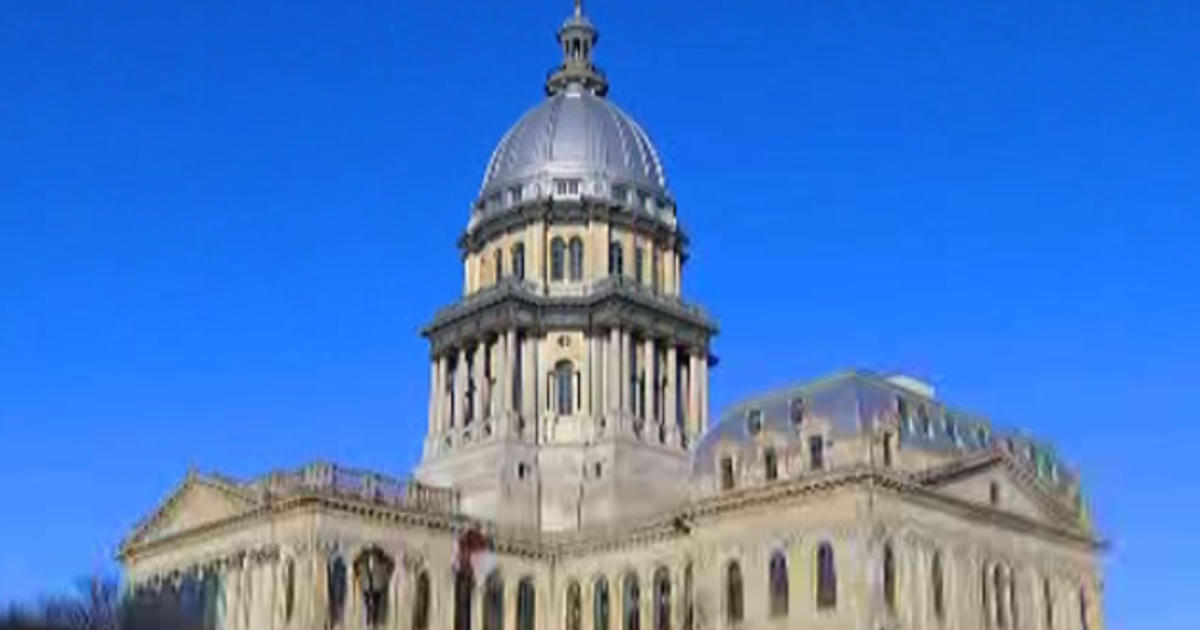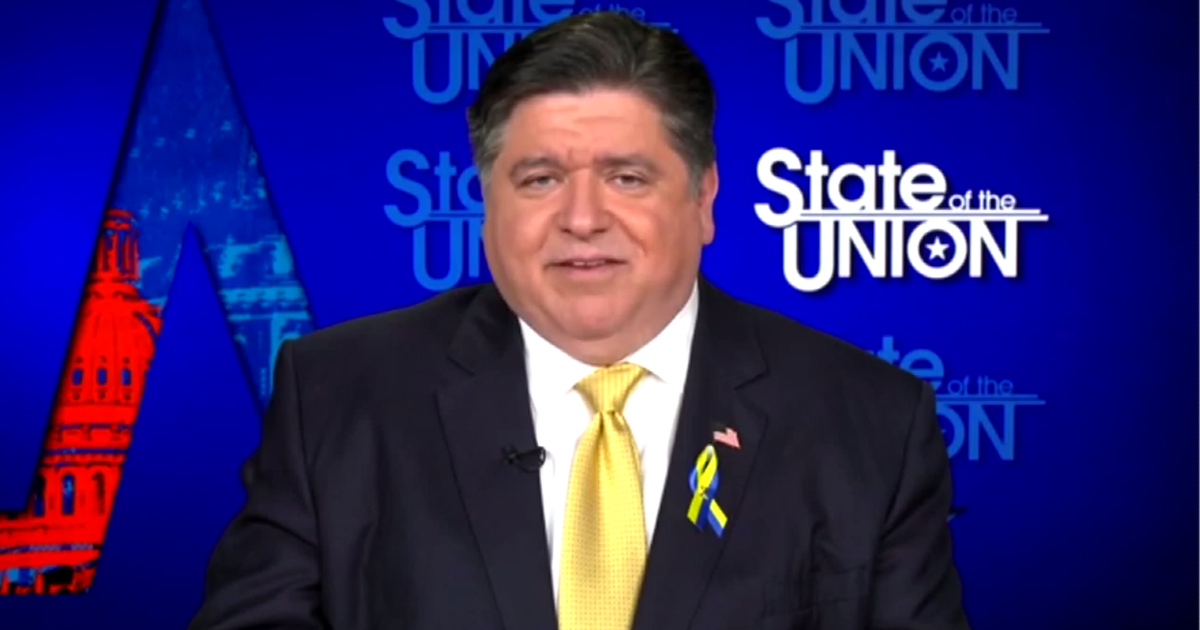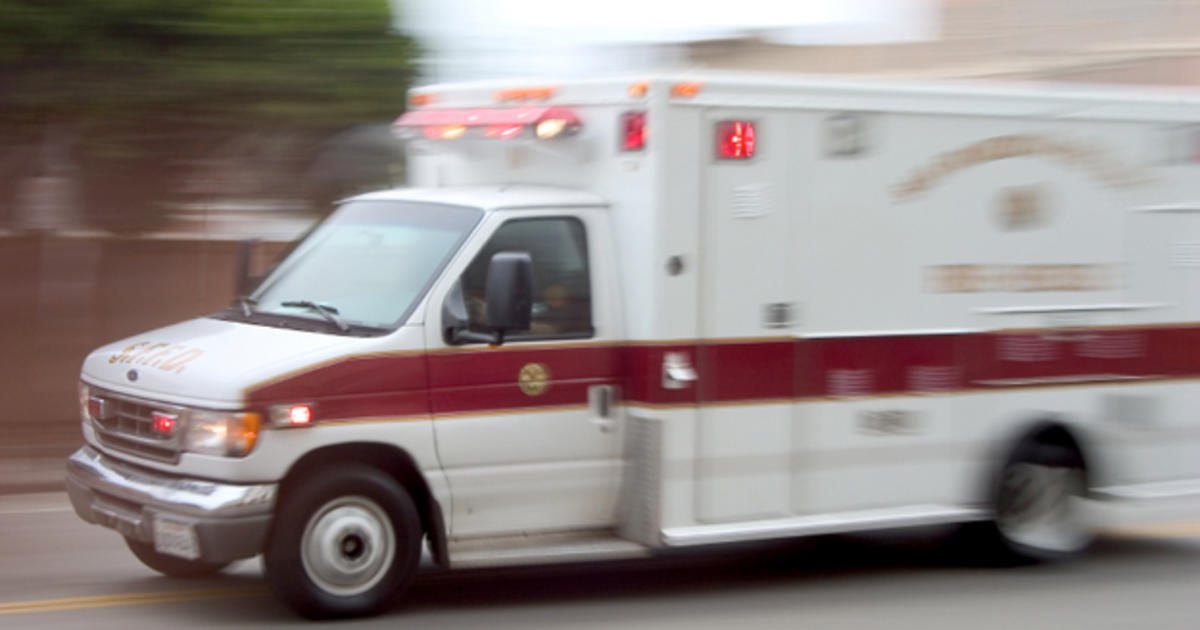Illinois Coronavirus Deaths Now Total 6; Gov. Pritzker Calls On Former Medical Personnel To Return To Field
CHICAGO (CBS) -- As Illinois prepared to go under a stay-at-home order Saturday afternoon, Gov. JB Pritzker issued a call for former doctors and other medical personnel to come back to the field and join the fight.
The stay-at-home order took effect at 5 p.m.
Pritzker issued a "call to action" for all former physicians, nurses, physicians' assistants, nurse practitioners, and respiratory care specialists who have recently left the field for retirement or another reason to "come back and join the fight."
Pritzker said the state will waive fees and expedite new licensure for all such personnel.
Health care reinstatement documents will be available Monday at the Illinois Department of Financial and Professional Regulation website, and at coronavirus.illinois.gov.
The state is automatically extending licenses through the end of September.
Pritzker also said the state will make it easier for those near borders who may practice outside Illinois to practice within the state. He said it will help health care systems in places such as the Quad Cities on the Iowa state line, and East St. Louis on the Missouri state line.
As to everyone who is still required to work despite the stay-at-home order, Pritzker said: "I ask you to help them out by simply staying at home. You'll be keeping the virus from spreading and you'll be helping the heroes who live and work in your neighborhoods."
As CBS 2's Steven Graves reported, the growing number of COVID-19 cases is impacting those on the front line. We know of two emergency room doctors who were infected this week.
Meanwhile, Illinois Department of Public Health Director Dr. Ngozi Ezike announced Illinois has recorded 168 new cases for a total of 753 – and one new death, a man in his 70s from Cook County. The state has now recorded six deaths.
DeKalb County also reported its first case Saturday, the department said.
As of Saturday, cases had been reported in 26 counties in Illinois, with 73 percent in Cook County. The ages of the patients have ranged from 3 to 99.
Pritzker also reiterated the specifics of a statewide "stay at home" order, which began at 5 p.m. and continues through April 7.
Under the statewide "stay at home" order, people will still be able to go out to get food from the grocery, to get medical supplies from the pharmacy, to visit their doctor or healthcare provider, to fill up their car at the gas station, or to go for a run, hike, or walk with their dog as long as they practice social distancing. Pritzker also said many people will still be able to go to work.
Pritzker said people also can still go out to pick up meals at restaurants. However, he said he's also ordering non-essential businesses to stop operating, and said anyone who can work from home must do so.
The governor's order defines essential businesses as those that sell, process, or produce food, groceries, and medicine; charities or non-profits, including food banks and shelters; educational institutions; healthcare and public health organizations; human services operations; essential government functions and infrastructure; media outlets; gas stations, auto supply and repair shops, and other transportation facilities; banks, currency exchanges, and other financial institutions; hardware and supply stores; trades such as plumbers, electricians, HVAC, and other home and building maintenance services; mail and delivery operations; laundry services; business supply stores; public transportation and airports; home care services; residential facilities and hotels; legal services; manufacturing, distribution, and supply chain industries; and funeral services. However, the state's Pre-K through 12th grade schools remain subject to Pritzker's separate school closings order.
Pritzker said police will be monitoring the streets to make sure people are obeying, but their actions will likely involve such things as breaking up groups of more than 10 people, or groups of people who are not keeping their distance of six feet apart. An officer would ask the group to disperse or for people to go home, and could get a cease-and-desist order if people refuse.
There are some instances where people could be ticketed or arrested, but Pritzker emphasized that is not the goal.
"We're not looking to put people in jail or to fine them for this kind of activity," Pritzker said. "What we really want is for people to simply obey the rules."



